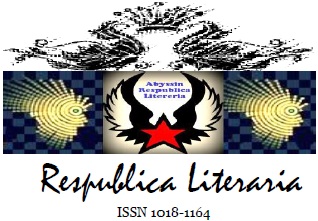Talks of
mal-governance and corruption have been a clarion call for governments in
Africa. This paper looks at the theory and practice in public administration
ethics to take systemic measures to combat unethical governance. In spite of fast growing economies and notwithstanding
the slavery and colonial legacy, that is still taxing the continent, new faces
and forces of vulnerability and poverty haunt the Africa region. These
series of lectures consider the relations between corruption, security and
development.
The
public service suffers from the pressures of economies, no less than those of
politics. The
realities prevailing in Africa render expectations of Africa’s public service rather
unreasonable. For most junior public servants in Africa daily survival is nothing less
than a minor
miracle because their wages lag behind the requirements of self-reproduction. Also, at a
structural-political level, structural-cultural level and epistemological level, is the conflict of the legitimacy of the state. Its
‘public’ is nominal with the informal kinship-based; legitimacy of salient
values of indigenous African cultures and those of the value systems of the modern
state and the antimonies, distortions and confusions of an epistemological stance, which insistently
privileges perceives Africa in the image of the West.
Chronologically one discerns two overarching
themes - the organizational context in which individual administrators must
work out ethical decisions and conduct, and democratic values as normative
touchstones for public administrative ethics. Chronologically, the first to
emerge clearly is that of the organization as an arena fraught with
complicating factors for any would-be rational ethical administrator. Democratic
norms are found in the earliest of these works, but are developed neither as
lucidly, nor as progressively as the organizational setting. Thus, democratic
theory and values are deemed here to constitute a minor theme, not in the sense
of being less important ultimately, but in terms of the attention paid to it in
these works in particular, as well as in the literature in general.
Increasingly serious and systematic attention devoted to the influence of organizational
factors, both positive and negative, is quite clear. At the outset, democratic values are assumed the most basic
values necessary for the study of public administration ethics...
Key
words: ethics, corruption, public
administration, good governanceSee lecture here


